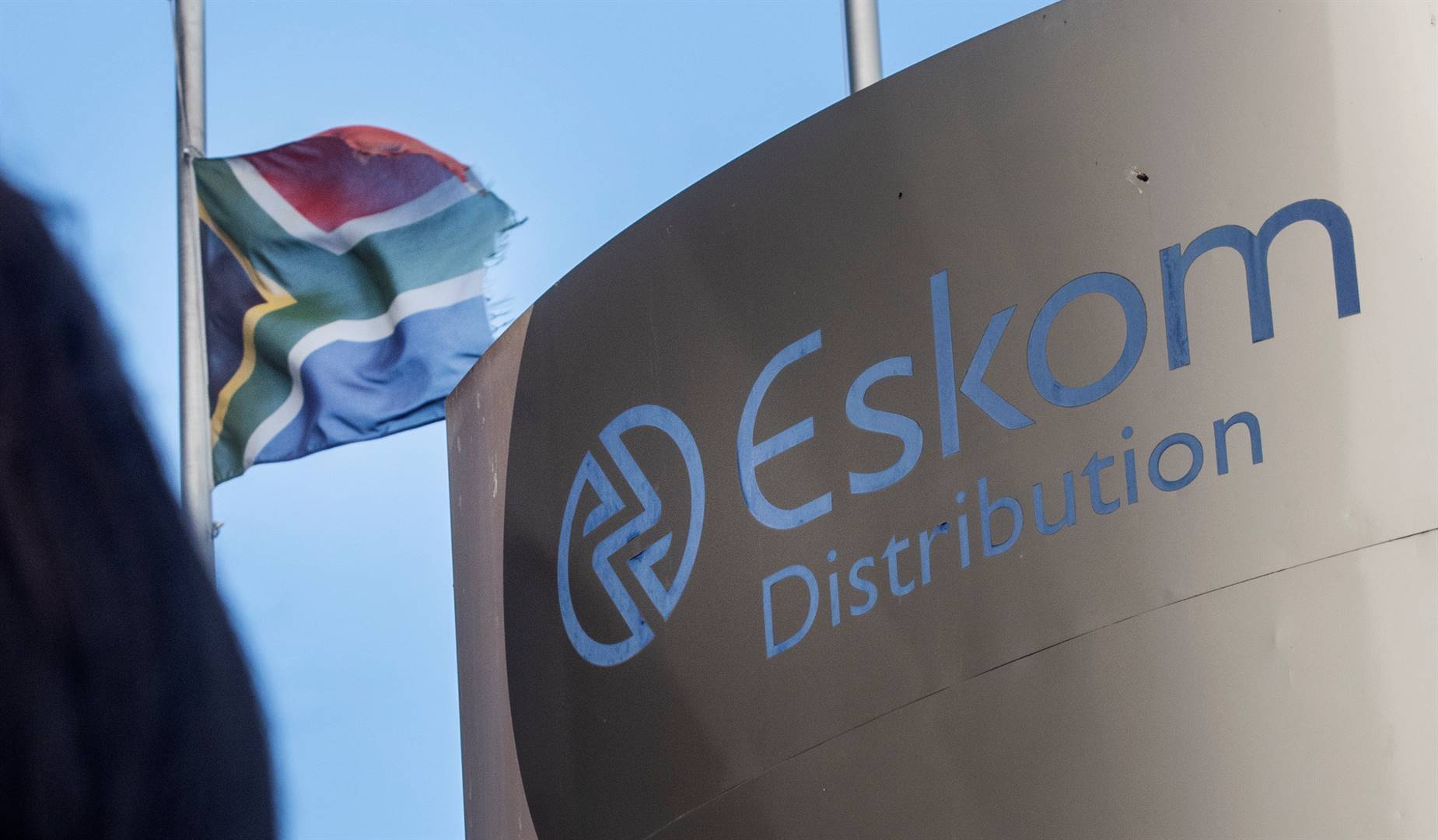
Energy commentators in South Africa have supported proposals for market reforms, such as the unbundling of state-owned electricity company Eskom, as the foundation of transitioning to a green, modern and reliable energy system. But they have done so with little reflection on the impacts of these policies, which are now keenly felt in Europe, the United Kingdom and the United States.
The harsh reality of the energy crisis in Europe has seen large bailouts for failing private utilities, soaring electricity prices and deepening energy poverty across the region. As progressive organisations and unions in the European Union (EU) call for a paradigm shift away from electricity markets towards an approach that understands electricity as a public good, South Africa should safeguard itself against an entrenchment of the neoliberal project under the guise of a “just” energy transition.
The rationale for the unbundling process has been closely tied to Eskom chief executive André de Ruyter and his plan to create an enabling environment for private participation in electricity generation. This would create “energy markets” managed by a newly established independent system and market operator. The new operator – a state-owned entity – would be charged with balancing the demand and supply of electricity by purchasing power, with transactions at different time scales, from available private and public generators.
READ: Energy puzzle for South Africa
The shift from Eskom’s existing system operator, which performs the exact same technical function, to an independent one has been proposed to ensure “impartiality” in electricity procurement as state utilities tend to prefer purchasing energy from their own generators.
These types of reforms have emerged historically through the World Bank, the International Monetary Fund and their proponents, and played a key role in dismantling large state companies in the 1970s. In the following decade, influential iterations of large-scale electricity sector reforms took place in Chile under the Augusto Pinochet dictatorship and in the United Kingdom under Margaret Thatcher. The reforms have since found application worldwide, with the EU electricity market an example of them at their most advanced.
In this market, regional transmission system operators based in participating countries procure and dispatch energy through trading on regulated electricity markets. In practical terms, it allows national grids inside the EU to benefit from various sources of generation capacity throughout the union, which improves reliability and stability and reduces the cost of service provision.
Energy fuel supply contracts in this context are mainly structured as long-term supply agreements or through spot-pricing mechanisms. Long-term agreements help mitigate against short-term price fluctuations of fuels, but they run the risk of locking in high costs for consumers. Spot pricing is typically used for energy purchased on “day-ahead” markets and is subject to supply and demand pressures and high levels of volatility.
HOW THE EU SYSTEM FAILS
In October 2021, near the onset of the European winter, a perfect storm of political, environmental and technical challenges came together and resulted in electricity prices rising in the region – in some instances by as much as 450%. Since then, harsh cold spells have coincided with a lifting of Covid-19 response measures and resulted in a sharp increase in electricity demand, which has been rising to pre-pandemic levels as economic activity recovers.
Supply shortages in baseload power have occurred owing to a decline in the availability of nuclear power generation capacity in France and, more recently, nuclear fleet closures in Germany. At the same time there has been seasonally low hydroelectricity availability from Norway, Sweden and Finland.
To compound matters further, lower than expected wind speeds have been observed during the European winter. This has had the impact of driving the demand for gas-powered electricity to cover the shortfall. Over this period, natural gas prices have risen sharply largely because of Russia’s influence as a vital supplier to the EU.
The chief executive of Naftogaz, Ukraine’s state energy monopoly, has accused Russia of throttling gas imports from Central Asia to the EU, further contributing to the price hike. He even suggested that Russia is using the crisis to apply pressure to complete the development of Nord Stream 2, its gas pipeline project into Europe.
Elsewhere in the region, the United Kingdom operates through a liberalised energy market in which an energy regulator sets consumer prices twice a year. The impact of the global gas price hike has severely influenced wholesale electricity prices in forward-delivery contracts and caused them to double between November 2020 and November 2021. Day-ahead baseload electricity contracts increased from £46.83 per MWh to £209.55 per MWh over the same period.
READ: More promises from Ramaphosa of cheap reliable electricity
Despite these alarming increases, about 30 private energy companies have collapsed and ceased trading because they were unable to pass the highly volatile gas price on to their customers, effectively selling energy at significant losses. Bulb Energy, formerly the UK’s seventh largest energy utility with about 1.7 million customers, was placed under special government administration tied to a bailout of £1.7 billion. At the time of its demise in November 2021, Bulb owed its customers over £254 million in prepaid gas and electricity bills.
A large part of the problem with private energy companies in the UK is that they opted to make quick profits off spot-pricing markets instead of hedging their costs for the pricing period by purchasing large gas reserves under long-term contracts. Purchasing large gas reserves can also be impractical for small companies. Hedging contracts are most often adopted by large state or private monopolies with the necessary capital.
A “supplier of last resort” policy in the United Kingdom ensures that private companies are duly compensated when they are able to take over supply from companies unable to deliver. The costs of this levy are passed on through increases in tariffs in the next price determination window. With the collapse of so many private energy utilities, consumers in the United Kingdom can expect price hikes to come from both this policy, whose measures have been enacted throughout the winter thus far, and the spiking cost of gas. This crisis has driven progressive sections of the Labour Party to call for nationalisation in the energy sector and removing VAT levies on electricity to reform the sector and protect consumers.
CALL FOR NATIONALISATION
In France, the state has responded to the energy crisis by offering a one-off €100 (R1 730) “inflation bonus” to households earning less than €2 000 a month. The left-wing government of Spain has called for a ban on speculation in spot pricing for electricity as pressure mounts to curtail market reforms in the energy sector across the region.
A timely reminder
In South Africa, the most advanced “just” transition plans tabled for Eskom rely on a rapid expansion of solar, wind and gas peaking plants, which only run when there is a high demand. In the next 10 to 15 years the country may well see scenarios in which a high number of wind and solar farms are built across the Northern Cape, but gas generators, supplied by imported liquefied natural gas, become the only plants capable of responding to sharp fluctuations and variations from weather-dependent resources.
Under an unbundled utility, private generators will be able to leverage their market power to pressure the independent system and market operator to purchase power at higher prices in times of crisis, as is now the case in the EU.
As South Africans brace for a 40% electricity price increase in the first half of 2022, the country needs to seriously consider and reflect on the consistent failure of market mechanisms to rapidly reduce carbon emissions and protect consumers in other parts of the world. It stands the risk of redesigning an already costly and unreliable energy system into a haven for speculative investors who have international experience in how to bleed a nation dry.
Building a state capable of extensive central planning functions may well be the greatest hope to achieve an ambitious decarbonisation path that puts affordability and public good ahead of short-term thinking and quick profits for multinational utilities.
This article was first published on New Frame.
| ||||||||||||||||||||||||||||||
 |




 Publications
Publications
 Partners
Partners










